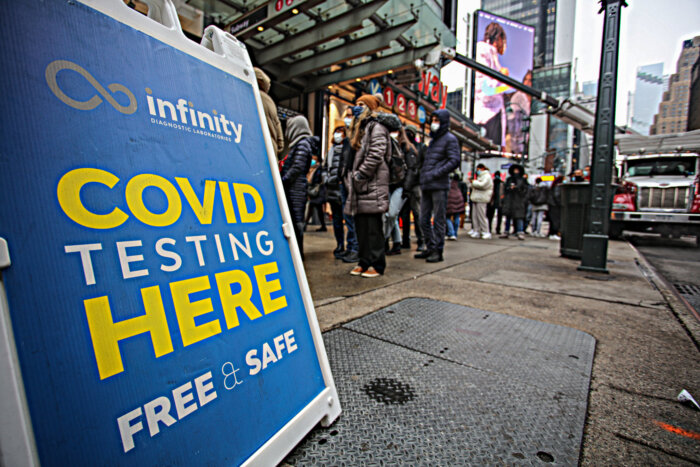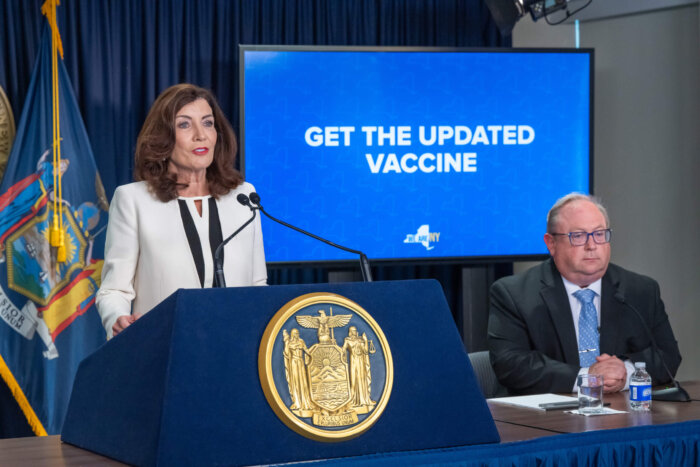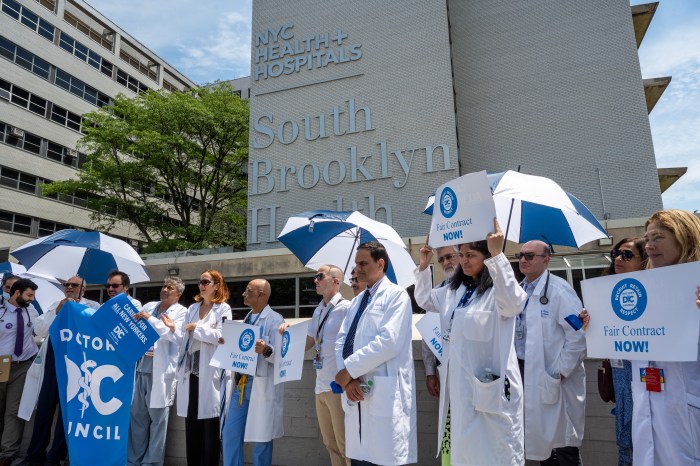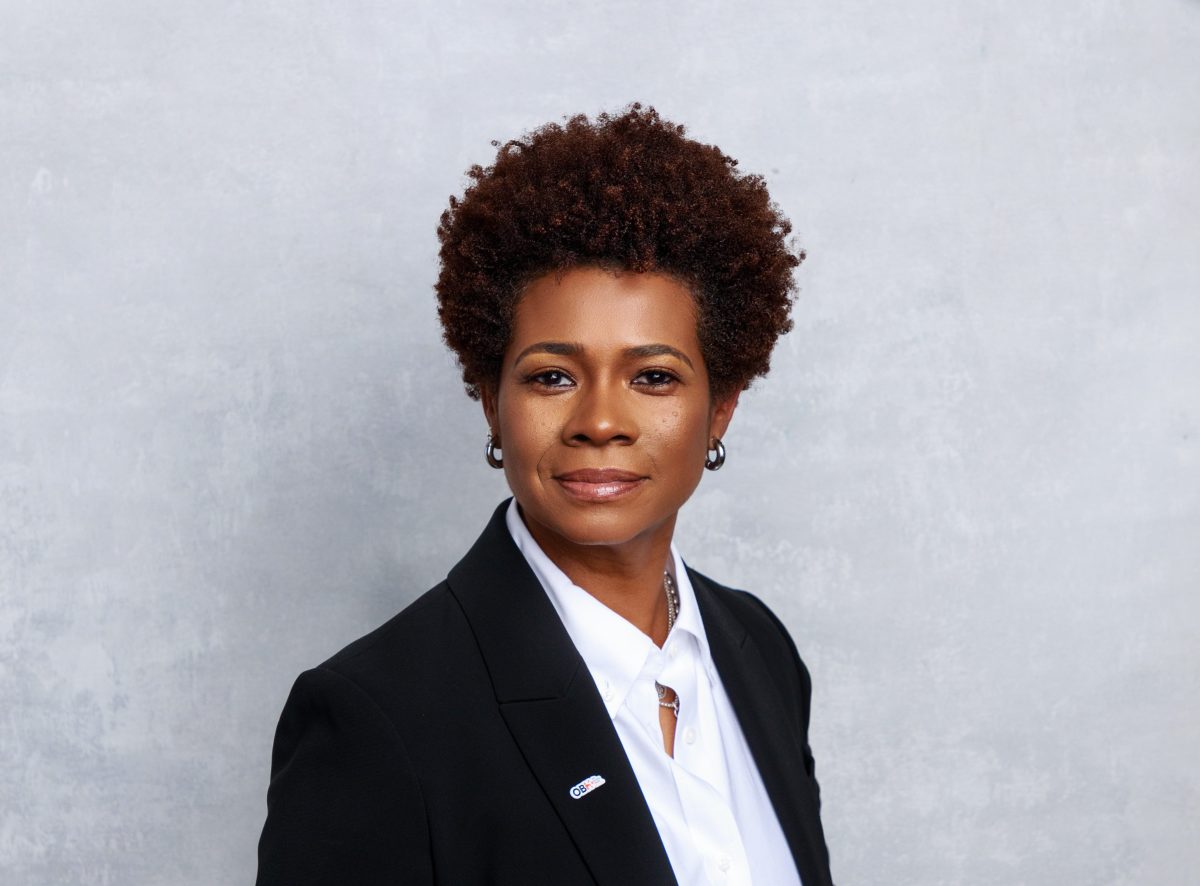Brooklyn doctors expect to see a continual rise in COVID, flu and RSV infections throughout the winter season, and are urging residents to stay safe and get vaccinated.
COVID cases have been rising across the city since November. According to the most recently-available city data, roughly 1,402 new COVID were reported between Dec. 21 and 28, with 50 hospitalizations and three deaths.
According to Dr. Edward Chapnick, Vice Chair of Medicine and Division Director for Infectious Disease at Maimonides Medical Center, it is hard to get an accurate count of COVID cases since more people test at home or opt not to test at all.

“We certainly have been seeing a gradual increase in number of COVID cases, cases both in the hospital and in the outpatient clinic,” he told Brooklyn Paper. “Which is not unexpected at this time of year.”
The winter season and the holidays encourage people to gather together indoors more often, which can increase risk of transmission, he said.
Brooklyn has the lowest transmission rate of the five boroughs, per city data, but COVID cases hit certain neighborhoods especially hard before Christmas. A private Bay Ridge high school sent students home early for winter break due to an outbreak that infected 64 students, or 35% of the student body.
According to city data, East New York, which has a population of roughly 178,000, has seen an average of 120 new cases per 100,000 people over the last seven days, with Coney Island just behind at 112 cases per 100,000.
Though COVID variants have been the main concern the past few years, doctors at Maimonides have seen a higher number of flu and RSV cases than COVID infections so far this season, according to Chapnick.
According to the Centers for Disease Control and Prevention’s Respiratory Virus Hospitalization Surveillance Network, cases of the three illnesses began trending upward this fall. As of Dec. 25., there were 14,220 influenza cases in the city, a 36% increase from the previous week; and 3,590 RSV infections, an 8% decrease from the previous week. Rising rates of viral illnesses has prompted NYC Health+Hospitals to reinstate a mask mandate at its public hospitals, clinics, and nursing homes.
Chapnick said it was a “shame” that all of three viral illnesses are vaccine-preventable, yet continue to spread.
“Out of the ones who are sick enough to require hospitalization, almost all are un-immunized or at least not up to date with their immunizations,” he said.
The few immunized people who have been ill enough to be hospitalized usually have multiple overlapping medical conditions that make their condition more serious, Chapnick added. The CDC reports only 17% of the U.S. population is up-to0date on their COVID vaccines.

According to health professionals, vaccinations do not prevent people from being infected, however they can control the spread of illnesses.
“If you’re immunized and have had a vaccine for whichever of these viruses, you’re less likely to transmit it to others,” Chapnick said. “So the most important thing that’s very easy to do is to get those vaccines.”
Brooklynites can find use the city’s Vaccine Finder to locate a vaccine clinic near them, and the city is offering free or low-cost vaccines to people without health insurance. Testing and treatment for COVID and Long COVID are also available. People over age 60 and pregnant people — who are most at risk of serious illness from RSV — can receive an RSV vaccine at a pharmacy or from their primary care physician.

















